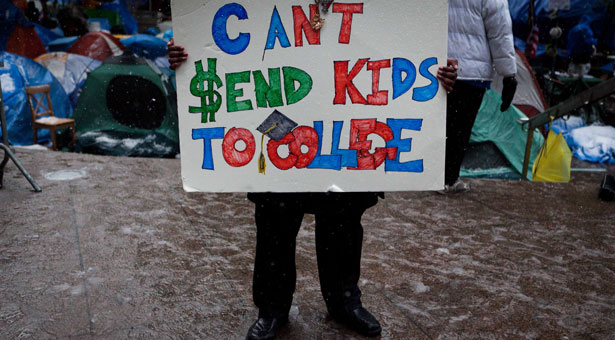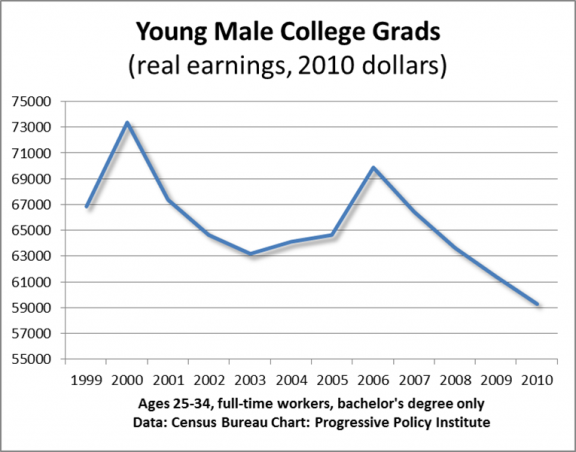I readily admit that I am one of the freaks that enjoys Black Friday. The competitor in me enjoys the rush, the socialite in me enjoys the crowds and the bargainer in me enjoys the hunt. I mull over the newspaper ads like I'm trying to find the meaning of life. I'm not the "trample-the-old-ladies-for-the-door-buster" type, but I like getting up early and getting in line to get "first turns" for the holiday season, as skiers like to say. I've written about Black Friday plenty before, too.
This year was something different.
My dude Scott has equal, if not more passion for Black Friday deals, and he and I discussed the game plan on Thanksgiving. Scott is more than willing to stand out in the cold for hours for the right deal. Put him in camouflage in the middle of the woods and that's how he spends his time hunting anyway. It's his nature.
Coincidentally, we landed on the same store agenda this year and planned to march like brothers in arms. Scott wanted to get a new TV and I wanted a Blu-Ray player at Best Buy, so that was a midnight opener that required us to get in line before 10 p.m. After that, Sears had a 4 a.m. opener where he was planning to get a washer and dryer set and I was planning to pick up a new refrigerator.
Lowes was another stop on both of our lists for miscellaneous items ($1 poinsettias, people!) but had put all of its Black Friday deals online on Thanksgiving -- an entire day before everyone else. We were shocked to see this and instantly bought everything online to ensure nothing we wanted sold out. I didn't see it then, but it was the first domino to fall from our freeze-your-ass-off holiday tradition.
Scott called me later in the night claiming that he had found another good deal on Lowes.com for a washer and dryer set, which would take Sears off his list. Based upon the trend, we both jumped on BestBuy.com and sure enough the TV Scott wanted was available online already. He clicked to buy there, too.
Suddenly, the only outstanding item on the list was my refrigerator that I couldn't find anywhere online for near the Sears "door buster" price. Scott and I had completed the rest of our Black Friday shopping over the phone by 6 p.m. on Thanksgiving as we simultaneously searched websites and punched in credit cards. There was no suffering from the cold or early hours, just convenience and comfort.
It also felt like opening Christmas presents after learning the "real" Santa story: You're still happy to get gifts but it's not the same exciting experience.
Amanda and I woke up at 3 a.m. for the Sears trip. She agreed to join so that I wouldn't be a lone warrior to fight amongst the masses. My wife is a supremely smart woman and suggested I check the sales price online at Sears.com before we left. Sure enough -- 45 minutes before the store opened -- the price had dropped online. I could not believe it. I was back in bed 10 minutes later with the refrigerator purchased and scheduled for delivery. The last domino had fallen. I couldn't sleep over the shock of it all.
I just read the TechCrunch headline: "Thanksgiving Day Online Holiday Sales Up 39 Percent; Mobile Shopping On The Rise." Stores made the bet online and won this year. They win every year and that's why the bets get bigger. eBay is counting on more mobile purchasing -- "couch commerce" -- where more and more people buy on their mobile or tablet devices. According to TechCrunch, "The number of consumers using a mobile device to visit a retailer’s site reached a high of 15.2 percent, up from 6.45 percent in 2010. The number of consumers using their mobile device to make a purchase increased to 11.09 percent, up from 4.25 percent in 2010."
It's a natural evolution: Why stand outside in the cold and dark at 10 p.m. or 3 a.m. when you can purchase online at home during the day? Why walk all the way to your home office when you can purchase on your iPad or smartphone from the couch?
You bet I'll be regularly buying more and more online and on my phone. I'm an early-adopter in that sense. I want to order groceries online (come to Tacoma already, Amazon Fresh!). I want to buy movie tickets on my phone while I'm taking the bus home from work.
But next Black Friday, I just might rough it one more time.

